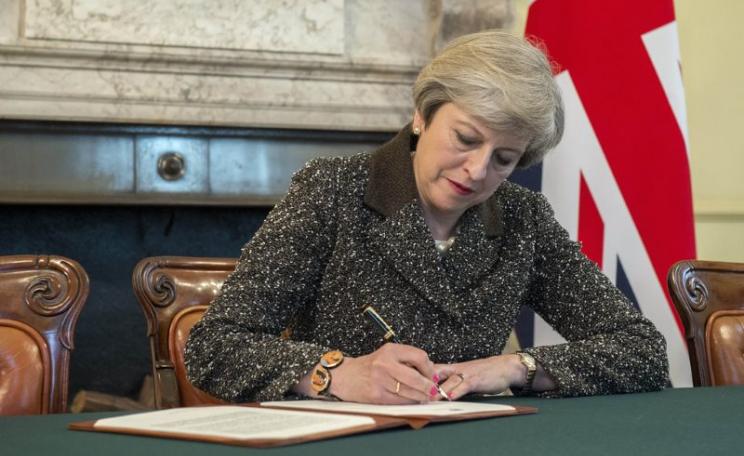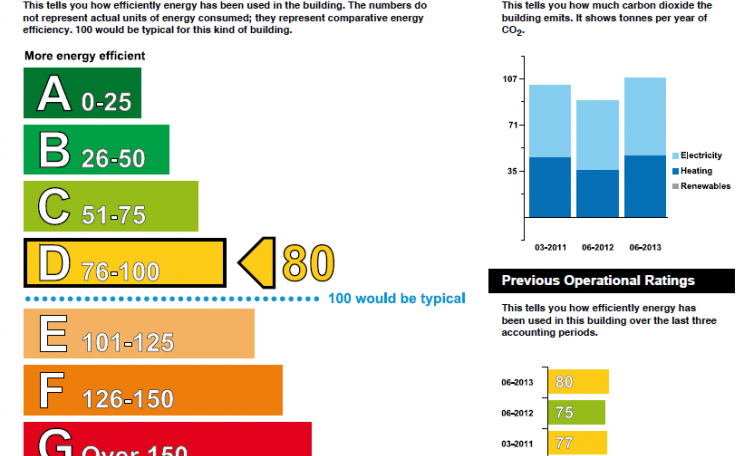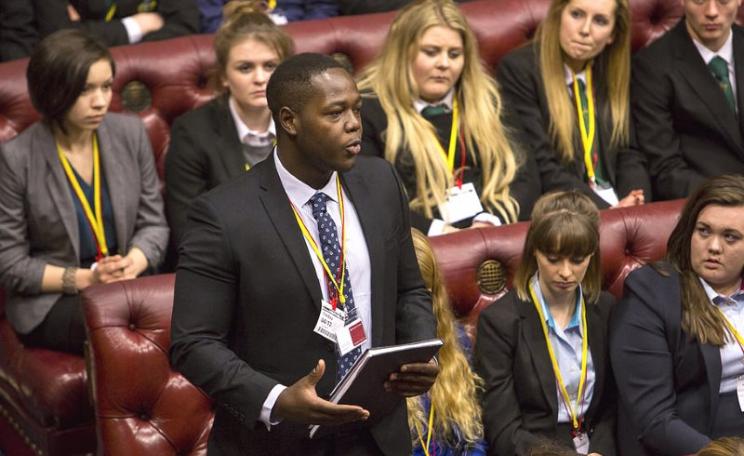Over the next decade, direct and indirect employment in the wind, wave and tidal energy sectors alone could grow to some 3 million jobs in the EU. The transition is already in motion - but will the UK be part of it?
Greens - in the European Parliament and elsewhere - have made the argument for a coherent, long-term policy on investment in resource efficient, low-emission sectors and the need for workforce engagement.
But it's not easy. Especially when governments seem intent on promoting fossil fuels, sending mixed messages about what they are trying to achieve, or even launching direct attacks on renewable energy and energy efficiency.
Take, for example, the Department of Energy and Climate Change's recent decision to scrap the Green Deal, which came shortly after their post election abolition of the the Energy Efficiency Deployment Office.
If truth be known, the Green Deal wasn't much of a deal and it wasn't particularly green, being expensive, bureaucratic and inflexible. The real problem is they haven't replaced it with something better, even though the government claims it wants to save energy.
We know that fuel poverty exists and that we need jobs. We have the potential here in the UK and across Europe to create millions of new jobs in making homes energy-efficient. Why the Government doesn't recognise this potential and joint the dots is mystifying.
But this battle is worth fighting. Over the next decade, direct and indirect employment in the wind, wave and tidal energy sectors alone could grow to some 3 million jobs in the EU. The transition is already in motion. But will the UK be part of it?
It's up to us to make sure it will be just, and that green jobs will be decent, and fairly paid, as set out by the combined work of UNEP, the ILO and the ITUC. And moreover that the jobs will be in the UK as well as other European countries.
So what is a 'green job'?
It could be a solar power engineer or landscape gardener, an organic farmer or a street cleaner, an insulation installer or a cycle repairer. One definition is any decent job that contributes to preserving or restoring the quality of the environment: whether it is in agriculture, industry, services or administration.
What is fundamental is that it should result in work that is fairly paid, and with good working conditions. The green agenda has an intrinsic and unbreakable link to jobs, skills, and the economy: we have to ensure the reality matches the ambition.
In the European Parliament, some political groups struggled to connect the idea of decent work with the expansion of the environmental sector. These concepts can work in tandem though, in fact they must. This is why a major piece of work for me in the last few months has been authoring a report on green jobs - 'Green Employment Initiative: Tapping into the job creation potential of the green economy' - for the Employment and Social Affairs Committee of which I'm a member.
Over the next decade, direct and indirect employment in the wind, wave and tidal energy sectors alone could grow to some 3 million jobs in the EU. The transition is already in motion - but will the UK be part of it?
It was partly to ensure that all the work done by the previous Commission on the issue was not thrown away by the new lot, with its desire for so-called 'better regulation' which seems to mean putting 'growth' first.
I'm pleased to say that the European Parliament recently voted to adopt the report with a large majority in the last plenary session before recess, with its remit to find ways to tap into the job creation potential of the green economy. It follows on from last year's European Commission proposals on green employment as part of the EU's Europe 2020 objectives.
The Commission's original package recognised the potential for significant green employment creation, but what it lacked were clear proposals about how this would actually happen. Blanks needed to be filled in by proposing clear steps towards the sustainable transformation of our economy and the creation of quality, long-term jobs.
Clear targets, efective regulations
However, the keys to actually delivering this change lie in two key areas: investment and innovation. This must mean a strong and stable regulatory framework, with ambitious and binding 2030 EU targets on energy saving, resource efficiency and renewable energy.
The report highlights that implementing existing EU energy efficiency and savings measures could create up to 2 million new jobs, with the potential for a further 3 million in the renewables sector.
A clear policy framework could also allow stakeholders some degree of predictability in training or investment decisions, thereby encouraging investment in renewables and resource efficiency. This could then boost jobs in, for example, rural and former industrial areas.
This last part is incredibly important: some rural and post-industrial areas are suffering and people whose families have been in areas for generations are leaving because there is just no work. While globalisation can pose a threat to job security in the industrial sector, many green jobs are likely to be non-re-locatable and in areas of work which cannot be offshored. This is more than potential, it is there for the taking.
Small and medium-sized businesses are one of the most important generators of employment in the EU, they account for more than 80 % of all jobs and have led the way in many 'green' sectors. But they may face particular difficulties in anticipating the skills needed and in thus fulfilling the job potential.
We have picked up an excellent project from the NUS, placing unemployed graduates with expertise in sustainability into small companies to provide help and gain experience: we are now trying to get support for this as an EU pilot project. It is though a fact that some sectors will undergo considerable change, and that may mean decline.
Managing that change will be more positive if effective support mechanisms are in place, including retraining and possible change of production.
A further source of green employment will be the circular economy (the antidote to the 'take-make-dispose' linear economy) - an initiative scrapped by the incoming Commission in January. My report calls on the European Commission to honour its commitment to make a new proposal on EU waste legislation by the end of 2015.
Hopefully, the Commission public consultation will garner a lot of support for an ambitious package. Green jobs could also be created by shifting the tax burden from employment to environmental costs, if we can ensure that the effect is not regressive.
Likewise, ending the counterproductive subsidies which support polluting or carbon intensive sectors should be a priority.
Wasted potential of lose-lose politics
With the green transition's success also dependent on how well existing businesses adapt to new circumstances, another key demand is for effective support and retraining measures to increase workforce engagement. Efficient use of EU funds could play a part here.
Finally, the report also puts forward the idea of 'green representatives' in trades unions who could work together with employers to green the workplace and indirectly the economy in general: this also draws on experience from the UK.
Unrealised potential is waste. If the EU wants to grasp the possibility of millions of new jobs, that offer a hope of a better future in so many ways, policy has to be consistent and investment and training priorities need to follow.
We should learn from the Green Deal experience: stop-go policy initiatives undermine public confidence, throw people out of work just as new sectors are developing and fail to achieve the necessary transition towards a resource efficient, renewable energy future. This is lose-lose politics, when we need the exact opposite in our thinking.
The report: 'Green Employment Initiative: Tapping into the job creation potential of the green economy'.
Jean Lambert has been London's Green Party Member of the European Parliament, since 1999. She sits on the Employment and Social Affairs Committee (EMPL), where her work includes a focus on social inclusion, workers' rights, immigration and social security, and is a member of the Civil Liberties, Justice and Home Affairs Committee (LIBE). Jean is on the Council of the civil liberties organisation Liberty. She is Immigration spokesperson for the Green Party of England and Wales.




